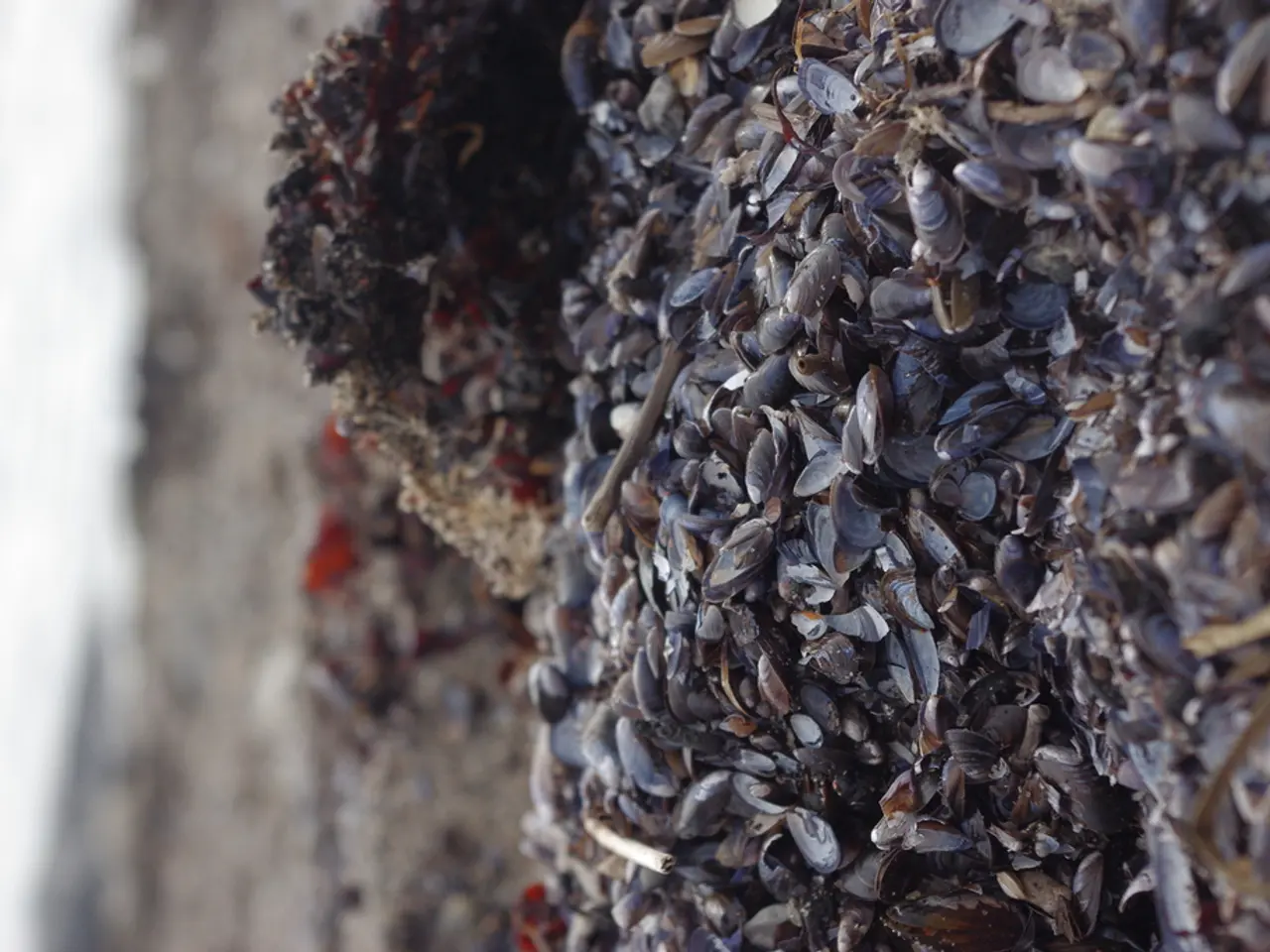Oysters and their aphrodisiac qualities - fact or fiction?
In the realm of food and legend, oysters have long been associated with romantic encounters and heightened sexual desire. However, the scientific evidence supporting this association is more nuanced.
The Food and Drug Administration (FDA) does not regulate some herbal aphrodisiac products or test them for safety, and the medical profession has largely discredited aphrodisiacs since the late 1800s. Yet, the term "aphrodisiac" refers to a food or drug that arouses sexual desire, and oysters may fit this description due to their nutrient profile.
Oysters are a type of shellfish that are highly nutritious and may provide some health benefits. They contain a rich amount of zinc, an essential mineral involved in testosterone synthesis, sperm production, and hormone balance, all important for male sexual function and fertility. Oysters also contain D-aspartic acid, an amino acid that plays a role in boosting testosterone production.
While there is no direct evidence that zinc, D-aspartic acid, or dopamine from oysters boost libido, they support sexual health primarily through their zinc and nutrient profile, which favors fertility and stamina. Other key nutrients in oysters contributing to these benefits include peptides, which may improve nitric oxide levels and sexual stamina, and various minerals and vitamins that support cardiovascular health, indirectly tied to sexual performance due to the importance of good blood flow.
One of the best choices of fish to eat with lower mercury levels, people can eat 2-3 servings of oysters per week. They are also a good source of omega-3 fatty acids, specifically eicosapentaenoic acid (EPA) and docosahexaenoic acid (DHA). Although studies do not demonstrate that omega-3 fatty acids in oysters directly boost libido, they may improve sexual performance, which could have an aphrodisiac effect in some people.
The aphrodisiac effects of oysters are inconclusive. While they have a long cultural reputation as aphrodisiacs, the scientific data is mostly biochemical and associative rather than direct proof of enhanced sexual desire or performance in humans. Additional factors such as improved blood flow or hormone regulation provide plausible mechanisms but require more rigorous clinical trials.
It's important to note that raw oysters are a health risk and should not be consumed. If people consume excessive quantities of aphrodisiac foods or purchase herbal products or drugs claiming to be aphrodisiacs, there may be a risk to their health.
In conclusion, while oysters may not be a guaranteed love potion, their nutrient-rich profile supports sexual health, particularly in terms of fertility and stamina. However, more research is needed to confirm their aphrodisiac properties in humans.
- Oysters, with their rich zinc content, play a significant role in male sexual function and fertility as zinc is essential for testosterone synthesis and sperm production.
- Apart from zinc, oysters also contain D-aspartic acid, an amino acid that helps in boosting testosterone production, which might indirectly have a positive impact on sexual health.
- Although omega-3 fatty acids in oysters may not directly increase libido, their consumption could potentially improve sexual performance, contributing to a potential aphrodisiac effect.




